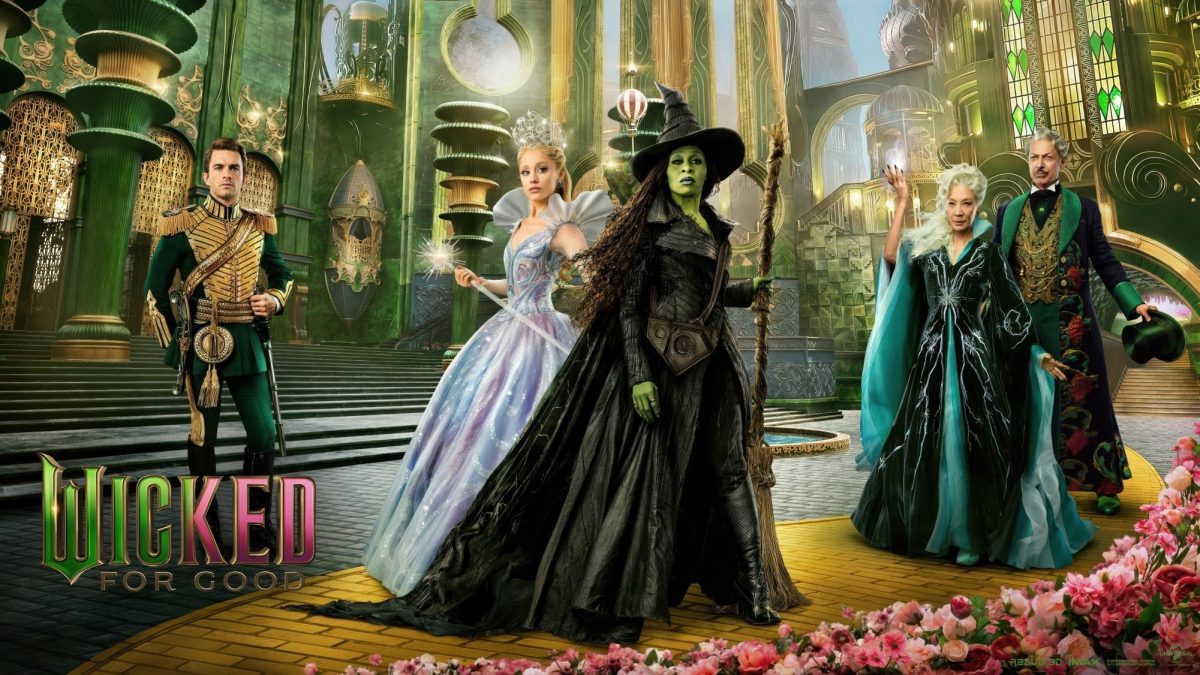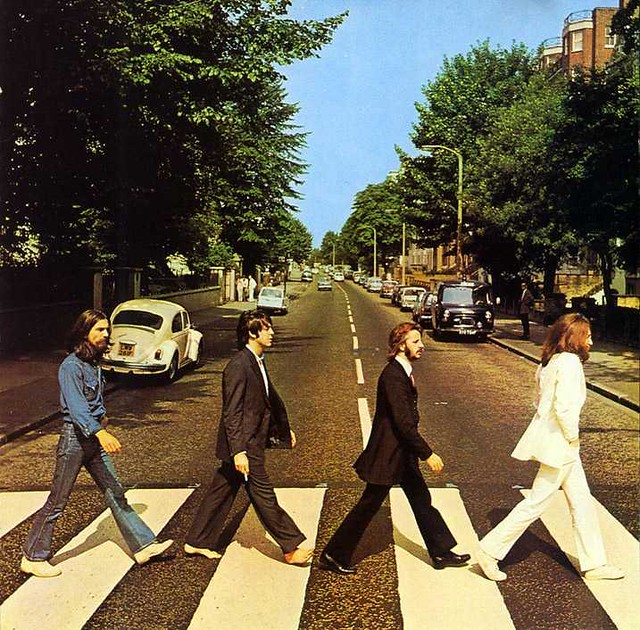In 2000, traditional center-left and center-right parties maintained around 75% of the vote across major Western democracies. In the 2020s, they are struggling to overcome newcomer far-right parties. So, what exactly is sparking this rightward trend in European politics?
After the fall of the Soviet Union, European politics maintained a relatively stable cycle for decades, shifting back and forth between the center-left and the center-left. Countless nations joined the European Union, consolidating Europe’s global power. However, in recent years, growing disillusionment with the European Union, high rates of immigration, and economic stagnation have created the perfect environment for the far-right to thrive.
The center, in many European voters’ eyes, has only offered socioeconomic insecurity, pushing their nations in the wrong direction. On the other hand, the far-right, notwithstanding its extremist positions on various issues, has promised security, presenting an alternate direction for Europe.
Perhaps the most striking example of this shift occurred in Germany earlier this year. The Alternative for Germany (AfD)—a far-right party holding a predominantly socially conservative, German nationalist, and neoliberal platform—gained a whopping 69 seats in Germany’s parliament 2025 federal election. Although it didn’t achieve victory, the AfD earned the second-most votes in Germany’s parliament and proved itself as a force to be reckoned with. Germany’s center-left party, the SPD, on the other hand, dropped a whopping 86 seats. Currently, the center-right CDU (Christian Democratic Union) holds a parliamentary majority, its own positions having shifted right since its liberalism under Angela Merkel.
Data from the Tony Blair Institute for Global Change shows that immigration is one of Germans’ primary concerns, and many AfD voters perceive center-left and center-right parties as having struggled to create desirable solutions to the issue. Conversely, they perceive the AfD as proposing a genuine change to what they see as a threat to their nation.
While other major parties have flip-flopped on migration policy, the AfD has maintained a consistent antagonistic position on the issue. Furthermore, AfD voters are most likely to doubt the generational contract: that each generation will be better off than the last. The party’s populist rhetoric has capitalized on this economic pessimism, and many voters see the AfD as the only party offering economic hope. It’s important to note that German far-right voters aren’t voting ideologically; rather, they’re searching for answers to what they see as their nation’s decline.
The Italian peninsula has moved in a similar, more accelerated direction. Since September 2022, Italy has been governed by Giorgia Meloni’s Brothers of Italy—a party with neo-fascist roots and few ideological differences to the AfD. In the previous election, the party had only taken 4.3% of the vote. Now, it holds a strong parliamentary majority and is enacting various hardline socioeconomic reforms. An ally of United States President-elect Donald Trump, Meloni holds many of the same positions as America’s Republican Party.
Voters in Italy shifted right for many of the same reasons German voters did. Seeing that mainstream political parties were doing little to address their demands, they voted for the new kid on the block. The Brothers of Italy did not campaign on overt fascist ideology and made it a point to distance themselves from fascism. Instead, Meloni calls herself a “non-ideological pragmatist”—a label that seems to have increasing appeal across Europe. Once again, the allure of socioeconomic security overshadows the modern values European nations have held for decades.
Now that mainstream European political parties have finally received a major challenge, they need to develop new strategies to combat what could become a continental political realignment. Rather than relying on opposition to their new opponents’ radicalism during campaign season, they must recognize their previous failures, promote liberal democratic ideals, and provide their own secure alternative to the rise of the far-right. Otherwise, modern Europe risks losing the social liberalism it was built on.








